According to Barbara Mistick and Karie Willyerd, authors of Stretch: How to Future-Proof Yourself for Tomorrow’s Workplace, only 34% of companies around the world give their employees the training they need for future innovation and technological advancements.
In other words, the days of the long-term employee development is over and it’s up to you to prepare for your career future. To do this, there are 4 steps you can to take to future proof yourself.
1) Don’t Be a One-Trick Pony
Contrary to popular belief, generalists are often more in demand than specialists. Being an expert on a single system or tool means that you become just as irrelevant as it when the company decides they’re ready for a change. Just like you with the newest smartphone or gaming console, companies like to upgrade themselves with the newest systems and tools available. The broader your knowledge and skillset is, the more relevant you are.
2) Embrace the Change
If there’s one constant in the world, its change. Employers aren’t looking for people that are locked into old habits and traditions. They’re looking for employees that not only embrace change, but they also cuddle up with it at night and call it sweetheart. So be the person who’s willing to take an assignment on a moment’s notice or learn a new skill that’s needed as soon as possible.
With companies changing how they do business due to the effects of Covid-19, you must now be willing to adapt to the guidelines put in place by your employer. Working remotely will become more adapted as companies want to keep their employees safe and avoid any exposure in the workplace.
If companies do want you back in the office, expect there to be strict guidelines on social distancing and PPE to keep yourself and your co-workers safe.
3) Get Certified
While anyone can learn a skill, only the dedicated get the papers to prove it. Getting certified tells your employer that you’re serious about learning as much as you can about that skill, that system, or that tool. That’ll tell them you’re dedicated and committed to your profession. Plus, most skills are outdated within a few years. Certification programs usually offer refresher or update courses so you can keep up with the latest upgrades and improvements.
4) Continue Your Education
Just because you think you’re done with school doesn’t mean you’re done with learning. Continue your education every chance you get and don’t forget to ask your employer about any opportunities they have to offer. This will show you’re open to change and committed to improving yourself professionally. It will also tell your boss that you’re anticipating the changes that are coming in your industry.
In a world where skills and technology change as often as the sun sets and rises, you have to position yourself as someone smart enough to learn new skills and wise enough to know why it’s important. Employers are constantly looking for investments that will start paying dividends right away. Make sure you’re an investment worth spending their time and money on.

